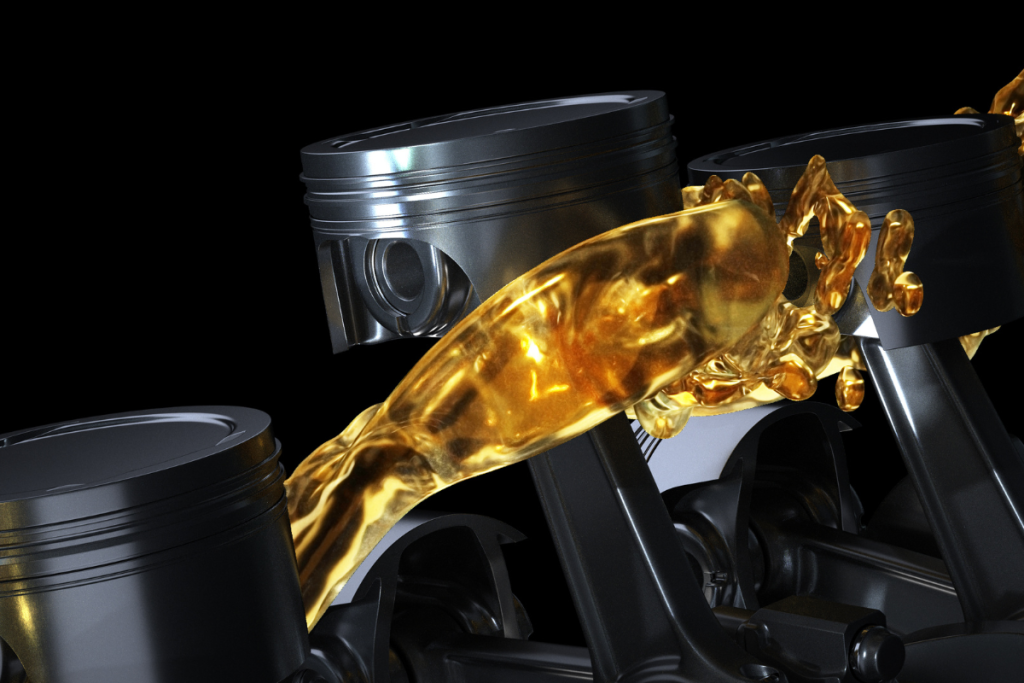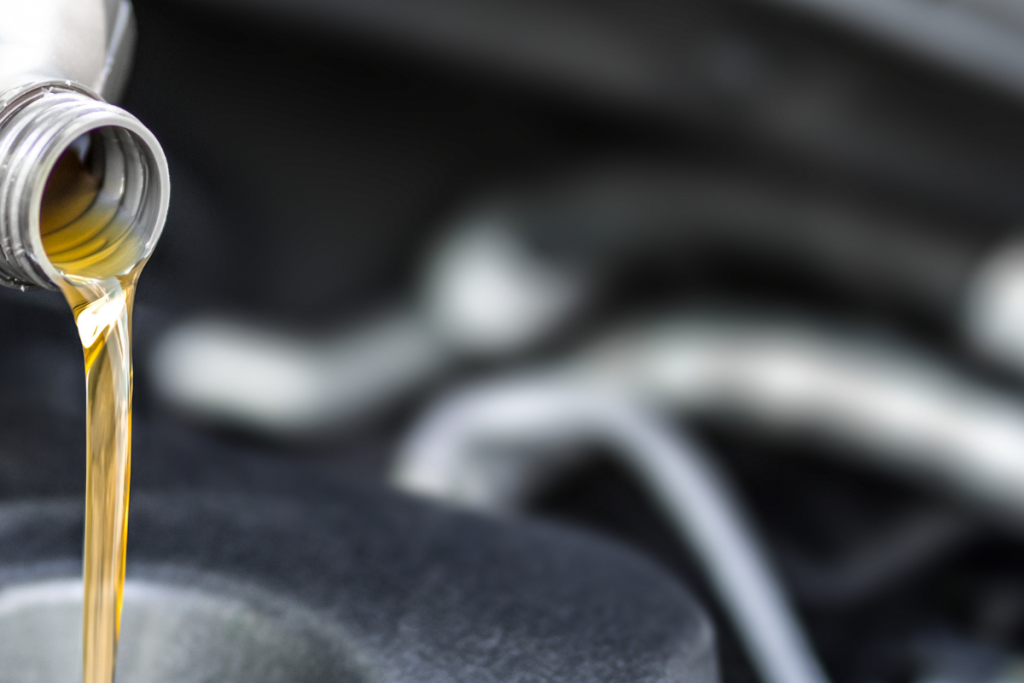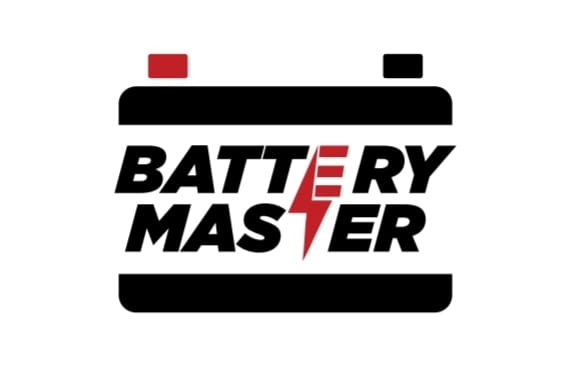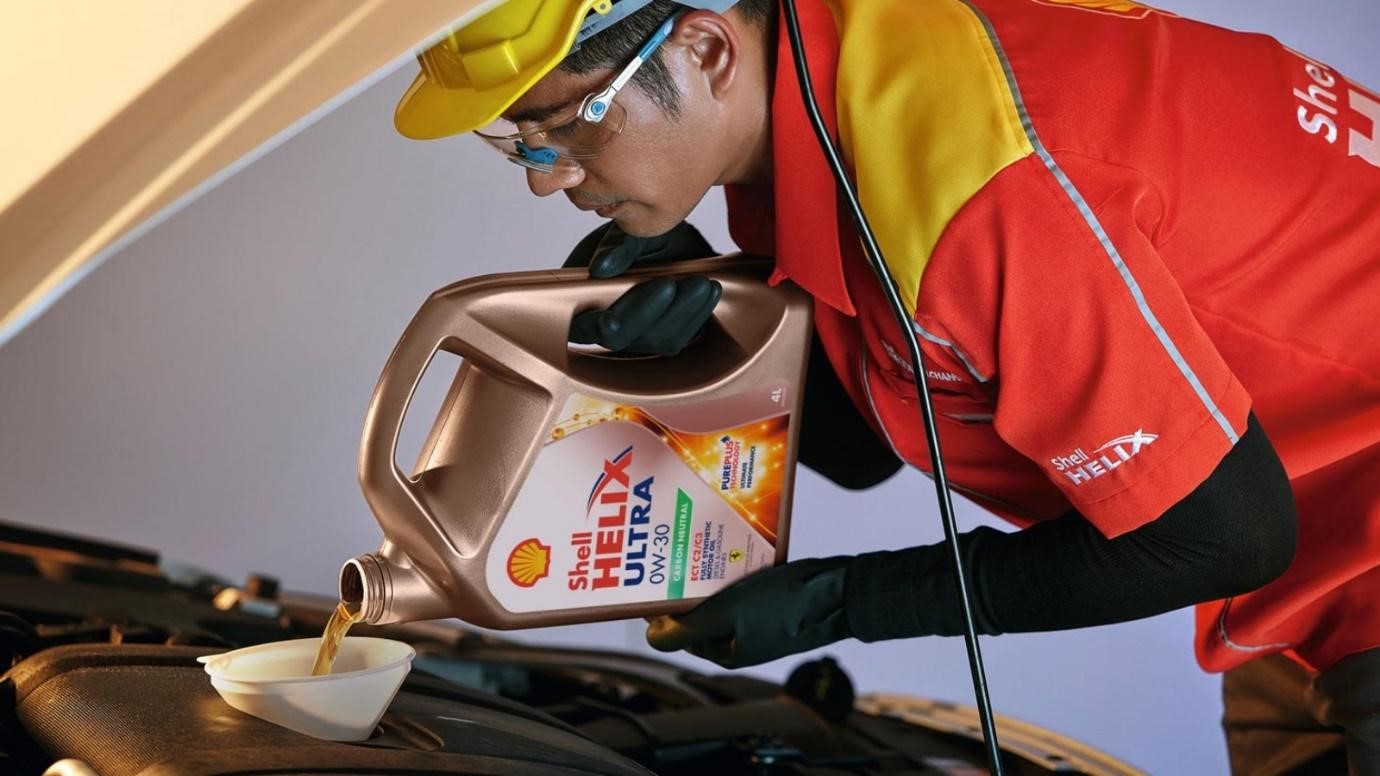Most automobile companies do their best to launch robust and durable models that can last long. But the mechanical components present, like the engine, gearbox, transmission system, brake axle, clutch, and many more, are constantly exposed to friction and corrosion. Leaving them on their leads to a damaged automobile with no safety on-road. For instance, a car engine can stop working anytime it gets corrupted.
In recent years, the fuel economy and mechanical performance dropped below the expected level. So, vehicle owners need to find an absolute solution to the problem. While many options are available, using Shell lubricants or products from other brands can extend the mechanical parts’ lifetime.
Keeping this in mind, we have discussed the five most crucial factors in selecting a suitable automobile lubricant.
Purpose
Most people consider that lubricants have a single role in keeping the surfaces in contact, smooth, and lubricated. While this statement is true to a great extent, considering it as the only purpose of the products will be futile. That’s because a lubricant is the powerhouse of multiple purposes, some of which are described below.
a. A lubricant reduces friction between two mechanical parts in direct contact. It forms a protective surface coat, allowing the parts to glide against one another smoothly without generating much frictional force.
b. It also keeps heat generation at bay, ensuring the metal or alloy parts do not suffer from corrosion. Furthermore, it also ensures that the high temperature won’t render the parts non-functional.
c. Certain Shell lubricants are formulated to transfer the solid debris to the separator and filter. As a result, residue deposits start reducing significantly in their volume.
d. Most often, lubricants reduce daily wear and tear, ensuring the mechanical parts retain their strength and higher durability.
With the prime purposes now being discussed, you should choose a lubricant that meets your purpose.

Ease of use
Choosing a difficult lubricant to handle and maneuver around is nothing but a waste of money and time. The product will sit on the back shelf right after the first use. So, you should consider its ease of use before investing. Ideally, aerosol lubricants are suited for coating mechanical parts that can be accessed easily.
On the other hand, you should go for an automatic lubricant fill to apply the protective coat over hard-to-reach areas, like the parts sitting underneath the hood. All in all, the ease of use of an auto lubricant depends on the parts and where they are positioned.
Composition
You need to consider the lubricant’s composition before you add it to your cart. If there is any mercury, lead, or other heavy metals, the product can cause substantial damage to the automobile parts. These compounds quicken the corrosion process instead of slowing it down.
So, always check the materials used in the lubricant formulation. You are good to go if those align with the industry standards.

Longevity
You must also choose Shell lubricants or any other product from the same class with higher longevity. If the product succumbs to heat and corrosive damage, it won’t be able to protect the mechanical parts. In other words, you would have to reapply the lubricant now and then, which is not feasible.
Costing
Lastly, consider the pricing of the lubricating formula you picked. Most often, people get huge discounts on buying a set of lubricants, like 20% off on a set of 4 lubricants. The availability of such offers will significantly lower your investment.
Conclusion
As you now understand the top five decisive factors to consider for Shell lubricants, it’s time to make the final call. Check if the lubricant can satisfy all your expectations without putting your vehicle at stake. Once you are certain, proceed further with the purchase. To find the best lubricant, visit Battery Master, your unparalleled source for the best quality equipment and accessories.



